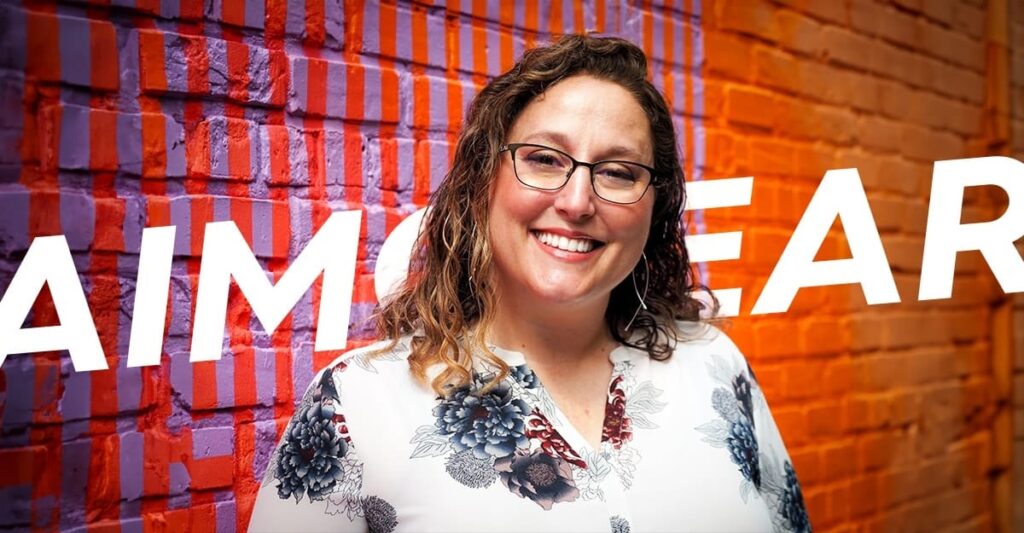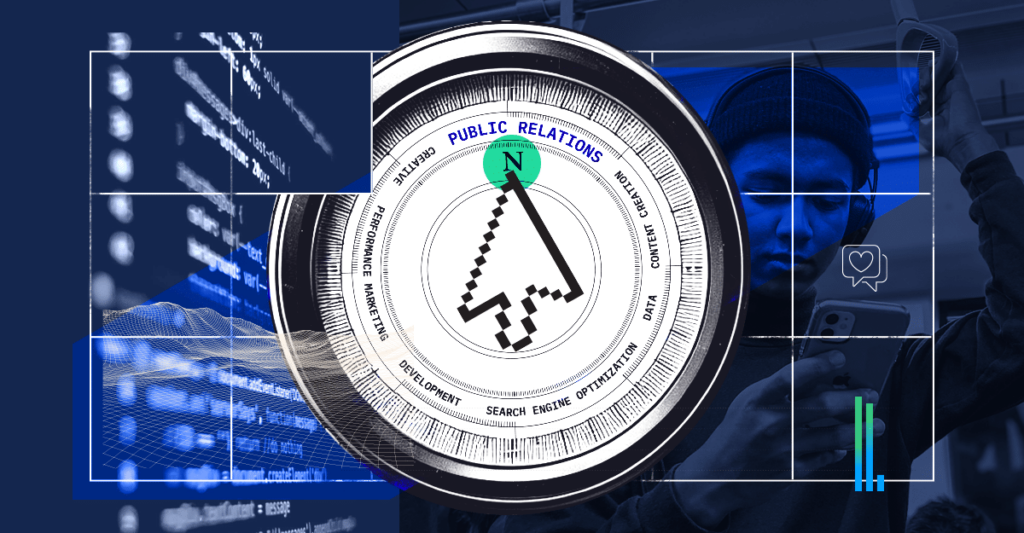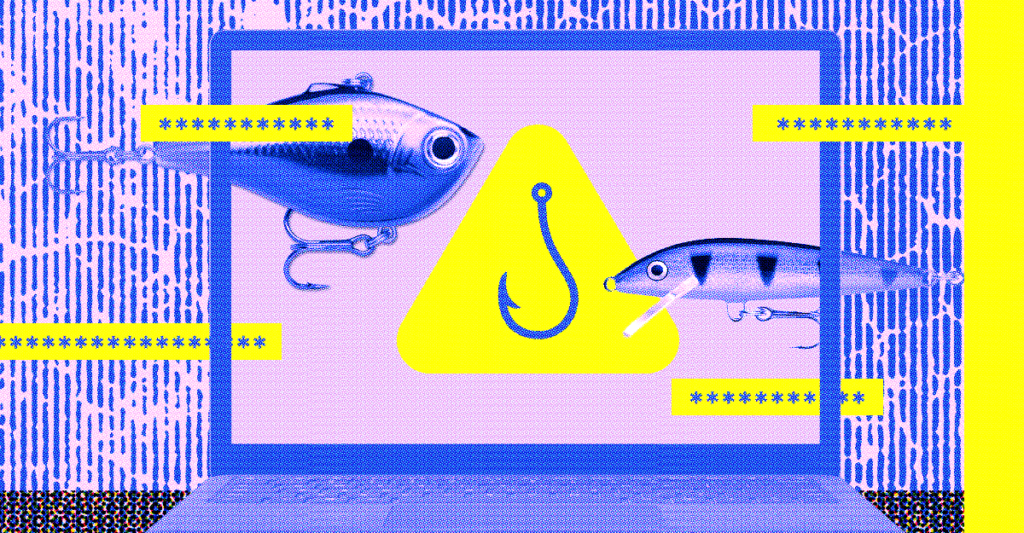
Dear Public School System of the United States: The time has come for you to stop thinking social networking prohibition will magically end online abuse and make your students better, safer, and nicer people. For the sake of future generations, please, take the reins and integrate structured social networking education into your curriculum. Encourage your students to be self-respecting, proactive digital citizens, before it’s too late.
True story: my buddy got a friend request on Facebook the other day. From his eight year-old cousin. He was shocked. Shock turned to dread when he clicked through to her profile and found he could see… everything. Full name, age, hometown, interests, photos, email address, cell phone number, school. He asked himself: Do her parents know what she is posting on the Internet? Do her teachers? Does she?
Reflections Of AÂ Millennial
Eons ago, when I was eight, personal computers were slowly but surely becoming household staples. Schools embraced the technology as it developed– which, in an age of daily cell phone and iPod confiscation, seems almost refreshing. Our teachers and administrators were aware that the times were a-changin’. They accepted these gargantuan boxes with screens blinking green and black as soon-to-be instrumental in academic, professional and personal contexts.
It wasn’t long before we had mandatory computer classes meant to familiarize us with general usability and benefits. Curriculum was regimented, comprehensive and generally unified across the country. We even had educational games (anyone up for a round of Number Munchers?) to encourage us that the computer wasn’t just a humdrum work tool.
And so was born a generation that grew up alongside computers, wielding respect for the technology as well as our personal privacy… because there were adults who had a unified sense of proper conduct, and taught it to us.
The Changing Face of Online Communities
Before our eyes, the fourth wall (er, monitor) broke down and we were granted the ability to communicate online. Social networking in its infancy wasn’t much of anything– chat rooms, forums and blogs were more or less the extent, and few but self-proclaimed “geeks” dabbled there. Moms and dads hip enough to get a modem and an AOL account had parental control on lockdown. If you wanted to share a photo of yourself online, there was a fourteen step process involving scanners and noisy dial-ups. Cautionary tales of online predators and chat room safety pervaded school, homes and the media.
As the Internet began to play a bigger role in our lives, Facebook emerged— representing a beacon of hope for Gen Y— a social safe-haven away from pervs posing as teens and pesky younger siblings. Hell, you couldn’t even get into it without a verified college email address. Many of us were at least 18 when this technology truly gripped our generation- old enough to understand and appreciate online privacy.
But soon enough that walled garden transformed into a seemingly all-access playground for everyone, from businesses to baby boomers and yep, our eight year-old cousins. Today, there are 12,017,900 children on Facebook in the U.S. alone… 12 million kids, that’s folks under the age of 18, who are thrusting themselves into this technology without anyone to teach them about proper use, etiquette, or consequences of misuse… 12 million kids who believe it’s not only “cool” to post photos of themselves and share their geo-location every second of the day – but somehow expected of them. Why? Because that’s what all the other kids are doing.
While it’s true that with each platform redesign, Facebook rolls out enhanced privacy features (however quietly), the complex settings are often defaulted at an irritating “share everything with everyone” setting. Members have the ability to mix and match who sees what parts of their profile and contact information. But do these twelve million kids know how to change their privacy settings? Do they know these privacy settings even exist? Who should show them? Someone needs to. It’s negligent and irresponsible for us to leave them to their own devices, expecting them to teach each other right from wrong. We don’t rely on this mentality when it comes to the birds and the bees, drugs, stealing, lying… why is it okay to gloss over this incredibly influential facet of their youth?
A New Breed Of Bully
Lest we forget, there are other online fiends aside from 40 year-old dudes in stained wife beaters posing as kids. Abhorrent cases of “cyberbullying” (children tormenting other children via digital technology i.e.: Facebook, text messages, email, etc.) are fast becoming commonplace in our society. What’s the solution? New Jersey Principle Anthony Orsini believes it’s social network prohibition. Just remove social networks from the equation and, poof, the problem disappears. His aggressive viewpoint was made infamous when the controversial email he sent to the parents of every student at Benjamin Franklin Middle School went viral on the web.
He prompted parents to essentially forbid their kids to engage in online communities.
“Please do the following: sit down with your child (and they are just children still) and tell them that they are not allowed to be a member of any social networking site. Today!”
All I can say to that is, “Good luck.”
Look, Orsini’s intentions—to protect children and put an end to cyberbullying— are admirable, but completely unrealistic and futile for two glaring reasons: (1) Tell a teen they “can’t” do something and they’ll probably just do it behind your back, where you not only have zero control over what they’re doing, you have no freakin’ clue what they’re doing and (2) Blocking access to social networks won’t stop peer-on-peer harassment, simply because the root of the problem isn’t the technology, it’s the bullies. Take the technology away from the tormentor- they’ll still find ways to make kids’ lives utterly miserable.
Ignorance About Internet Etiquette & Ramifications
Orsini is right to want to take action against cyberbullying, a downright despicable, cowardly form of harassment that’s touched the lives of millions and claimed the lives of kids like Ashley Rogers, Ryan Halligan, Phoebe Prince or Megan Meier. But banning social networks isn’t the solution. That’s just fighting ignorance with ignorance. It’s time to ditch the notion that social network prohibition will work, and trade the “nip it in the bud” mindset for a more proactive one.
We don’t have to wonder what will happen if  we don’t. We’ll end up with more college girls who think it is okay to sling racial slurs about another student back and forth on their public Facebook Walls… while the subject of the slurs is in the room with them. We’ll see more high school boys thinking it’s okay to pose as flirtatious teen girls, get unsuspecting male peers to send racy photos of themselves, then blackmail them into performing lewd acts. We’ll see more mothers who think it’s no big deal to create a fake MySpace account, impersonate a teenage boy, flirt with their kid’s ex-friend, then torture her until she hangs herself.
Fortunately, not every educator agrees with Orsini’s approach to the issue. Eric Sheninger, another New Jersey high school principal, incorporates social media and social networks into the daily lives of his students with the goal to “teach our students about digital citizenship.” George Haines, a technology teacher at Sts. Philip & James in Long Island, NY  had wild success incorporating Twitter into his classroom while teaching Animal Farm to eighth graders.
Why Not Let The Parents Teach Their Kids?
Two potential pitfalls come to mind: lack of understanding and lack of interest. Some parents are hip to what their kids are up to—they know their kids are “on” Facebook but few have any idea what the heck that means. Should they? Absolutely. Should they be so socially-savvy they can debrief their kids on the latest platform redesign? Not necessarily. A happy medium would be for parents to have an understanding of the technology but a leave the nitty gritty up to the professionals. Liken social networking education to sex-ed— most parents have the “birds and the bees” chat with their kids but look to the public school system to teach about safe sex, STDs and teen pregnancy.
Secondly, with every parent comes a different style of parenting, different sets of rules and different degrees of involvement in their kids’ lives. Some parents let their fifteen year olds drink beers with their pals in the basement. Some are deadly serious about a ten pm curfew. Rather than have twelve million kids running around with starkly different ideas about “what’s okay to do online,” we should support the collective creation of an unbiased and unified curriculum that evolves with the technology… one that’s fresh, topical and teaches students to leverage social media as powerful communication tools rather than weapons.
Taking Action Now
We’re still at the dawn of the battle to integrate social networking education into public school systems. There is no projected timeline for when a decision will be made, one way or the other. Don’t want to wait for social networking safety to be on the syllabi? Don’t have to. There are simple ways you can get a better understanding of your (or your kid’s) level of online exposure.
- Google Yourself. Type a full name into a search engine. What do you see? For the most accurate results, search Google Unpersonalized. It will return results that better reflect what the rest of the world sees.
- Try this across a variety of vertical search engines, including Facebook, YouTube, Flickr, search.twitter.com… the range and accessibility of your digital footprint will either horrify you or impress you.
- Guard Your Social Networks. Make a list of your online accounts. Set aside a half hour to go through each one and get familiar with the privacy settings. Facebook’s privacy settings are quite intricate, and even if Zuckerberg & Co. prefer you stay right where they can see you, you have the ability to modify the visibility of very specific parts of your profile and contact information.
This debate between educating Gen Y about social networking technologies and forbidding them from using it at all of course has shades of gray. Check out these tip-top articles for more perspectives and advice on the issue:










